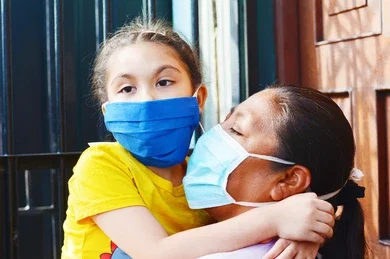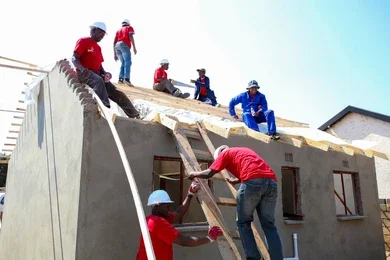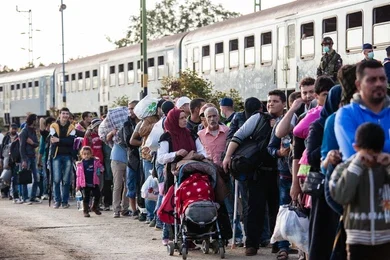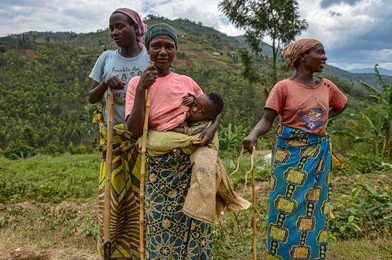
The United States grapples with entrenched racial and economic disparities, reflected in unequal access to quality education, healthcare, and biased treatment within the criminal justice system. These systemic inequities entrench poverty and social exclusion, affecting millions. Confronting these interconnected issues is vital to advancing social justice and equal opportunity. Without bold reforms, the inequality gap will continue to widen, threatening the nation’s core values of fairness and inclusion.

In Mexico, health inequalities persist as urban populations enjoy better access to healthcare than their rural counterparts. Socioeconomic disparities further exacerbate these gaps, leading to significant differences in health outcomes. Limited resources and infrastructure in rural areas contribute to higher morbidity and mortality rates. Addressing these imbalances is critical for achieving equitable health for all citizens.

South Africa faces the enduring challenge of racial and economic disparities, where, despite the end of apartheid, systemic inequalities persist. Wealth remains concentrated among a small, predominantly white minority, while the majority struggle for access to essential services. This unresolved legacy of oppression fuels social discontent and hampers national progress. Concerted efforts are needed to bridge these gaps and foster inclusive growth.

Germany’s integration of a large influx of refugees poses a significant challenge, as it strains social cohesion and heightens economic disparities. The need for effective policies and community support is critical to foster acceptance and inclusivity. Balancing resources and opportunities among diverse populations remains a pressing issue. Ultimately, sustainable integration is vital for a harmonious and prosperous society.

In post-genocide Rwanda, gender imbalance in political representation has limited inclusive governance. The underrepresentation of women in leadership undermines equitable decision-making. Promoting gender-inclusive policies and expanding opportunities for women in governance are key to Rwanda’s sustainable development and social cohesion.
